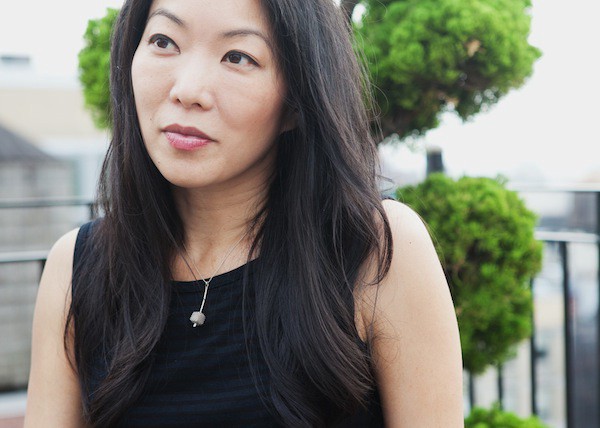When we were first looking around for stories to feature in the film, we noticed that many of the best-known scientists were male. We wondered: “Where are the women in this picture?” During our research, of course we came across women in the scientific community, but what stood out in our research was the role of women in grassroots activism. When a community faces a water contamination situation, women are often the first to notice the impacts — and they’re often the first to start knocking on doors to rally their neighbors into action.
In many ways, Erin Brockovich — who plays a central role in Last Call At the Oasis — is a symbol of that grassroots activism that women propel. She saw a community in danger and she couldn’t walk away. With the proliferation of water pollution cases reported across the country and around the world, we see the Erin Brockovich story repeated many, many times. Women notice that the water smells funny, or their dog has tremors, or the pool is green, or their children are sick; by talking to each other and sharing information, they are able to connect the dots. Some people would dismiss this as anecdotal evidence, but Erin sees the view from the ground. In the communities she visits, with the people she meets face-to-face, and in reviewing the thousands of emails she receives every week, Erin urges communities to band together. Her candid insight and encouragement has helped galvanize a growing network of communities that is learning to fight back against polluters who put their health and the environment at risk. As we show in the film these are often David-and-Goliath situations, and solidarity is crucial.
Many of the scientific role models in the global water crisis are women — dating back to Rachel Carson, who brought the modern environmental movement to the public with Silent Spring and Theo Colborn, who has studied the health effects of endocrine disrupting chemicals for decades. These women put their professional reputations on the line as they bridged the line between science and activism; others are ordinary people thrust into extraordinary circumstances, like family farmer and activist Lynn Henning, who has no scientific academic background. When livestock factory farms polluted the waterways in her rural Michigan community, she learned how to be a water tester and began to monitor the contamination herself. Her efforts earned her 2010 Goldman Prize for environmental work.
In researching drought-stricken rural areas of Australia, we visited a women’s environmental group where farming women spoke of their husbands’ refusal to accept the reality of climate change. The women felt the writing was on the wall, and their struggle was not to prove the men wrong, but to try to come up with a way to talk with their spouses about the future and acknowledge the possibility that things might not get better. This is not to suggest any sweeping generalizations about gender in the water crisis, but we know this struggle is going to take the proverbial village, and we should acknowledge that the role of women in building its foundations.
Jessica Yu is the director of Last Call At the Oasis, which opens in select theaters on May 4 in New York and Los Angeles before rolling out nationwide.






